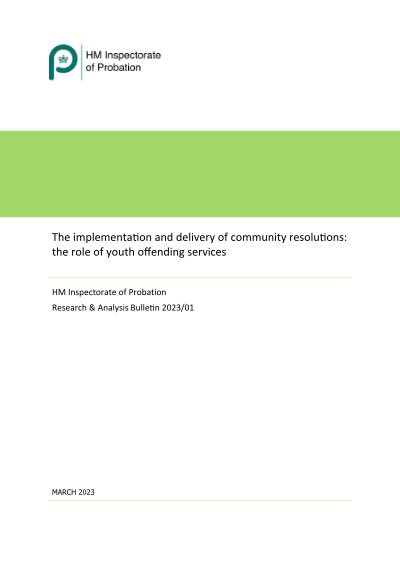By Alexandra Miller & Lisa Pilnik.
The Center for Juvenile Justice Reform presents Never Too Early: Moving Upstream to Prevent Juvenile Justice, Child Welfare, and Dual System Involvement in accompaniment of the 2021 Janet Reno Forum entitled, “A Better Path Forward: Restructuring Systems to Support Crossover Youth.” In this publication, authors Alexandra Miller and Lisa Pilnik demonstrate that to prevent system contact, and to reduce repeated and deeper system-involvement, we must support and work in true partnership with young people, families and communities. Using the Crossover Youth Practice Model as an exemplar, the authors explore programs, strategies, and topics necessary to consider to prevent single- and dual-system involvement.
Washington, DC: Georgetown University, McCourt School of Public Policy, Center for Juvenile Justice Reform, 2021. 59p.




